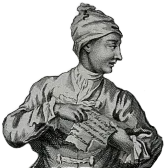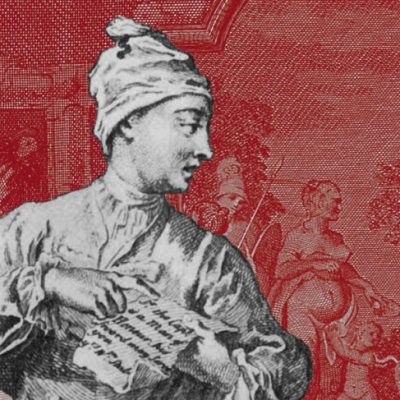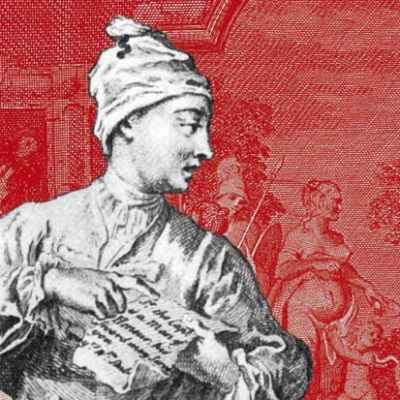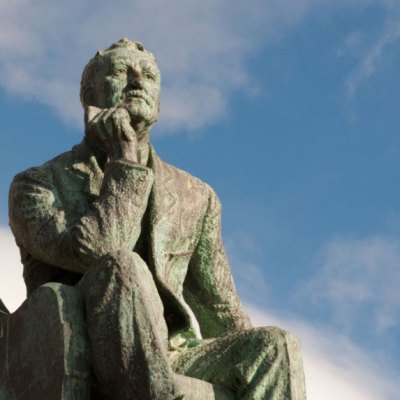Introducing Rakewell, Apollo’s wandering eye on the art world. Look out for regular posts taking a rakish perspective on art and museum stories.
Historical statues are causing trouble again. In Bristol, campaigners have called for the removal of a statue of the 17th-century slave trader Edward Colston, while demonstrations have taken place in New Orleans both in favour of and against the city’s decision to remove its Confederate monuments. In Venezuela, meanwhile, protestors have torn down an effigy of Hugo Chávez in a symbolic attack on the ruling socialist government.
In North Korea, though, the regime is fretting about its monuments. By 1992, around 40,000 statues of Kim Il-sung, North Korea’s founder, had been erected around the country. These were joined by likenesses of Kim Jong-il, his son and successor, when the latter passed away in 2010. The tallest loom 22 metres above Pyongyang. Indeed, the export of socialist realist statuary, produced by the Mansudae Art Studio, has now become a mainstay of the North Korean economy.
The hermit state believes that ‘destroying a statue is the most hideous insult to our supreme authority and our people and is an act of war no less serious than an armed invasion’. How fortunate, then, that North Korean authorities have pre-empted any iconoclastic antics by banning foreign visitors from visiting the giant statues of their dear leaders. No explanation has been given for the move, reports The Times, although it is believed to be linked to rumours of a plot to blow them up.
There is no word yet as to whether the ban applies to Dennis Rodman. Following a visit to North Korea, the former US basketball star – and latterly Kim’s bosom buddy – proudly displayed a bust of himself that had been presented by the North Korean regime. Rakewell suspects he may be an exception to the rule.
Got a story for Rakewell? Get in touch at rakewell@apollomag.com or via @Rakewelltweets.




